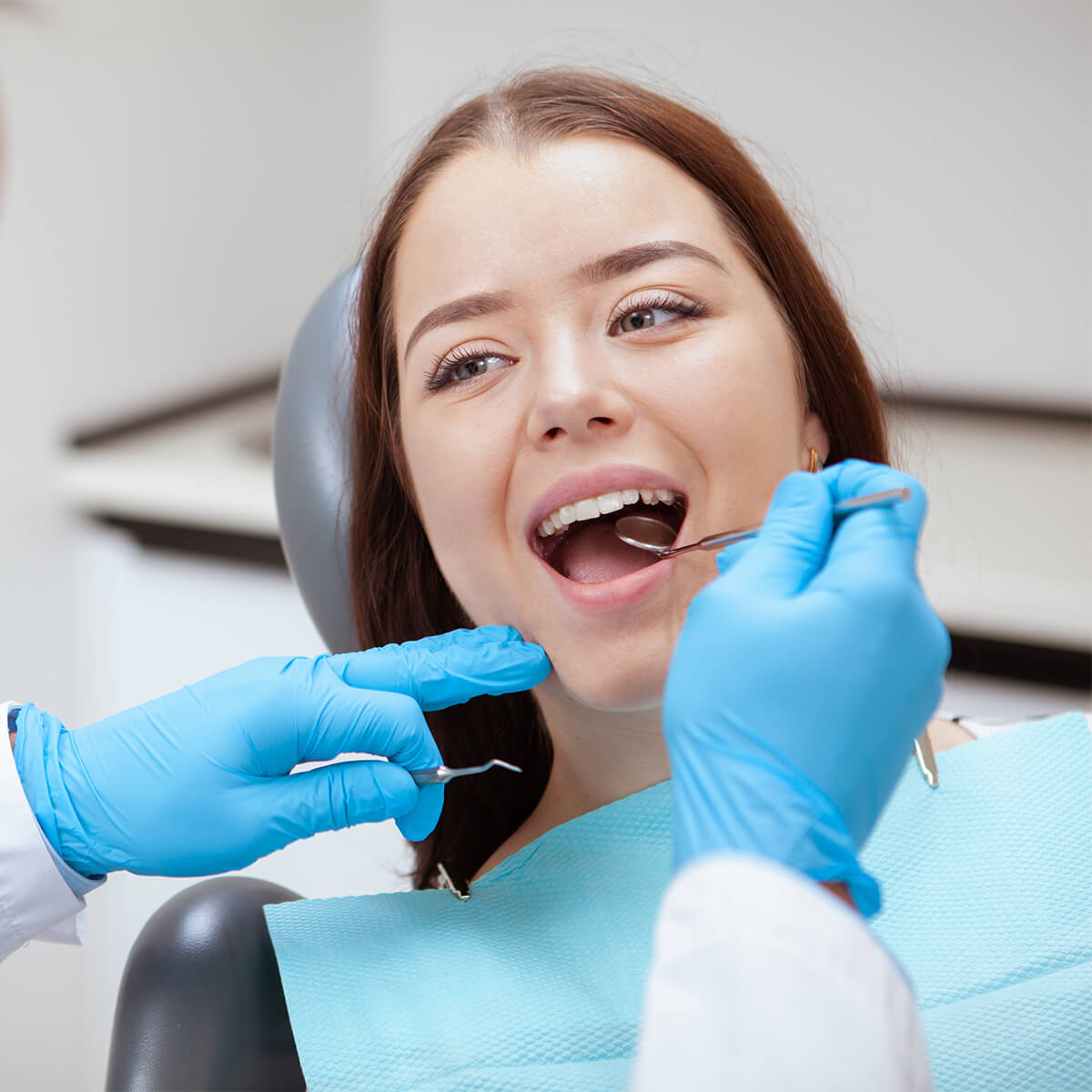

06
Apr
Frequently Asked Questions About What to Expect After Endodontic Surgery

Root canal treatment is usually performed on patients with pain and/or infection due to damage to the dental pulp, the nerves and other tissues inside the tooth. It has a high rate of success, even for teeth that are badly damaged. In some cases, in addition to root canal treatment, endodontic surgery may be necessary to “save” a tooth with persistent infection. Our endodontists, Drs. Rick Davis, Dr. Rick Schwartz and Zac Liang, specialize in diagnosing and treating conditions affecting the pulp. They are experts in both root canal treatment and endodontic surgery.
What is endodontic surgery and what can I expect after treatment?
The most common endodontic surgical procedure is “root-end resection” or “apicoectomy.” This procedure involves lifting up the gum tissue, removing infection from the bone and placing a small filling in the root tip. Several sutures are placed to close the surgical site. You can expect the site to be tender and sore for a few days with some swelling. Most patients take Tylenol or Advil for a day or two afterwards. We usually remove the sutures the next week and like to do a follow-up appointment in 6 months to observe the healed bone.
How can I manage any tenderness or swelling afterward?
We will give you an ice pack to apply to the surgical site after the procedure to minimize swelling. In addition to over the counter pain relievers, we recommend swishing with warm salt water for a few days. We recommend regular oral hygiene procedures, but to be careful around the surgical site, and to chew on the other side for a few days.
What are some “trouble signs” that I should watch for?
Other than the expected tenderness and soreness, we rarely see postoperative problems in patients after surgery. However, if you have pain that doesn’t dissipate after a few days, or swelling that seems excessive or doesn’t resolve in a few days, please call us. We will probably want to see you before your appointment for suture removal.
Endodontic surgery is generally a fairly benign process and most patients comment that it was easier than they expected. However, some of 0ur surgical patients request sedation. We offer the full range of sedation from drugs that cause relaxation, to I.V. sedation which puts you to sleep. Most of the sedation methods cause lingering drowsiness so you must arrange for someone to drive you to and from our office.
Many endodontists don’t provide surgical services and most don’t provide sedation. It is one of the reasons we draw patients from about a 3 hour radius from San Antonio, including such communities as Boerne, Kerrville, Fredericksburg, Laredo, Del Rio, Eagle Pass, Bulverde, Spring Branch, Yorktown, Cuero, Pleasanton, Devine and even beyond south-central TX. Call (210) 405-0473 to schedule your consultation today.
